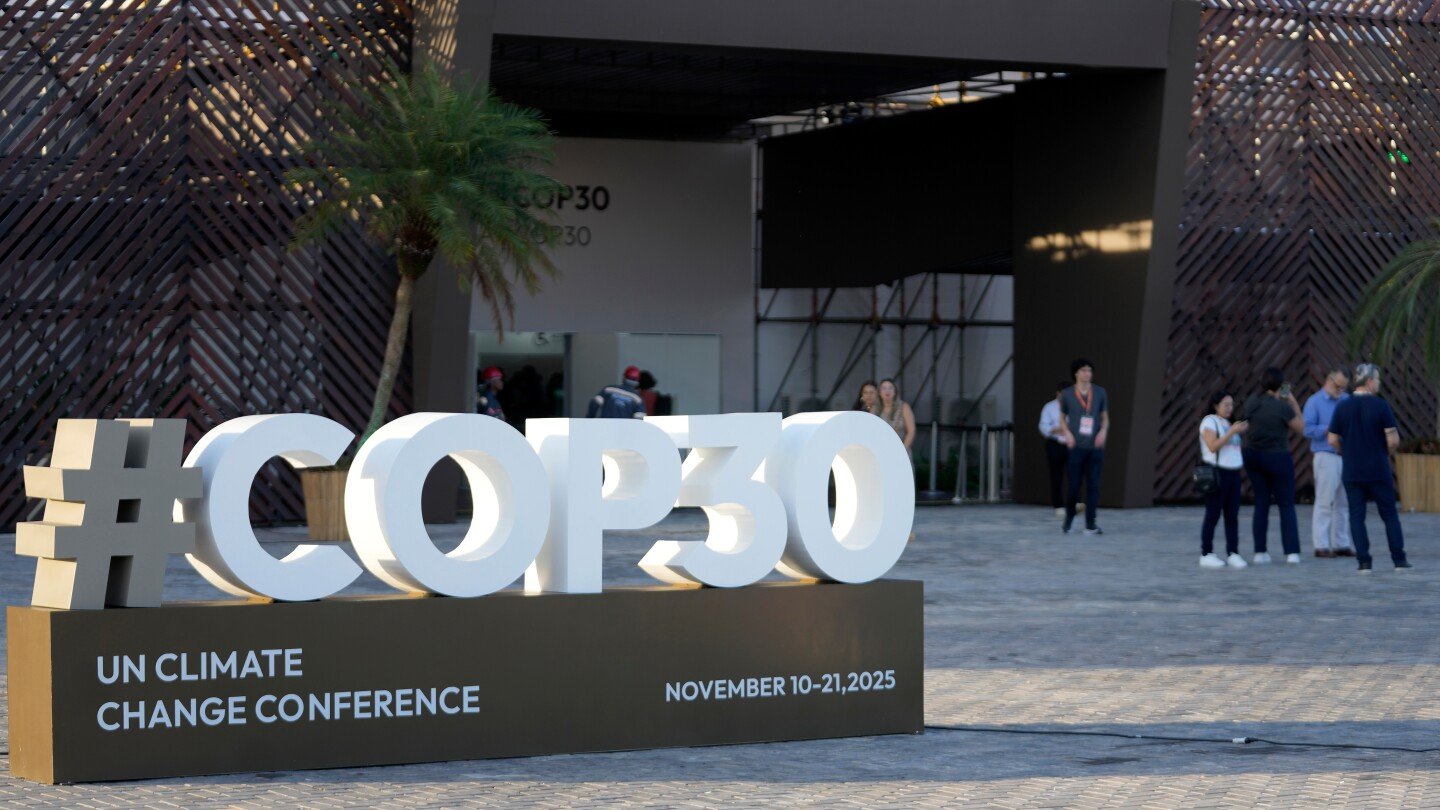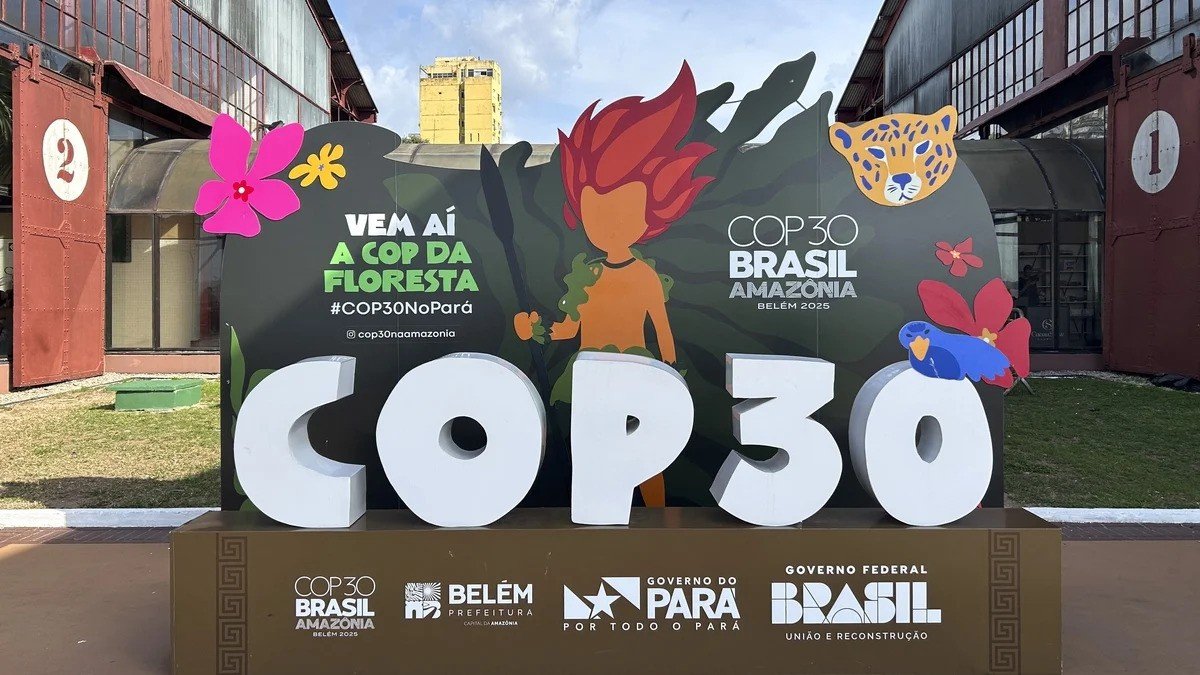
Belém, Brazil — November 10, 2025 (EP) - As the 30th session of the United Nations Framework Convention on Climate Change (UNFCCC) opens in Belém, Brazil, the world enters a decisive moment in its fight against climate change. The COP30 — running from November 10 to 21 — carries the weight of a decade’s ambition and some of the most urgent questions yet for global cooperation.
Why COP30 Matters
• Located at the “gateway to the Amazon rainforest,” Belém provides a symbolic stage: one of the planet’s largest carbon sinks is on the doorstep of this global gathering.
• It comes exactly 10 years after the landmark Paris Agreement (2015), meaning nations must now shift from planning to implementation.
• Key ambition-gaps remain: the United Nations Environment Program (UNEP) reports current plans put the world on a 2.3-2.5 °C warming pathway — far from the 1.5 °C target.

Core Agenda & Priorities
Brazil’s presidency has shaped COP30 around six “axes” or thematic pillars:
• Transitioning energy, industry & transport
• Stewarding forests, oceans & biodiversity
• Transforming agriculture & food systems
• Building resilience for cities, infrastructure & water
• Fostering human & social development
• Unleashing enablers & accelerators (finance, technology, capacity)
Across these themes, three issues dominate:
1. Implementation over ambition — moving from promises to measurable action.
2. Climate finance and adaptation — developing countries demand greater support; new frameworks are expected.
3. Nature & justice — forests (especially the Amazon) and Indigenous rights are given heightened prominence.
Early Signals & Red Flags
• The agenda is extremely packed: around 145 items are planned for the summit in Belém.
• While ambition is high, outcomes from previous summits have disappointed many: limited progress on NDCs and emissions reductions.
• Logistical pressures and infrastructure challenges remain: issues like accommodation costs and local preparations have raised concerns.
What to Watch
• Will major emitters fully engage and commit new or updated NDCs (Nationally Determined Contributions)?
• Will there be clear finance commitments, especially toward adaptation and the “loss & damage” agenda?
• Will the Amazon theme translate into concrete forest protection and nature-based solutions commitments?
• How will the private sector, innovation and non-state actors feature in the “enablers & accelerators” axis?
• Will this COP deliver a roadmap rather than just declarations — particularly in setting implementation timelines and measurable indicators?
Implications for Vulnerable Nations
For climate-vulnerable countries like Bangladesh, COP30’s outcomes will be critical. The themes of adaptation, nature preservation and finance carry direct relevance for their resilience and transition efforts. The shift toward implementation means staying alert to how global commitments translate into real resources and support.
Conclusion
COP30 opens at a moment of heightened urgency. The world hasn’t yet put itself on a 1.5 °C-compatible path; this summit is about deciding whether it still can. For Belém to succeed, leaders will need to go beyond rhetoric, make measurable commitments and deliver a credible agenda of action. The coming days will reveal whether this COP is a turning point — or another missed opportunity.



